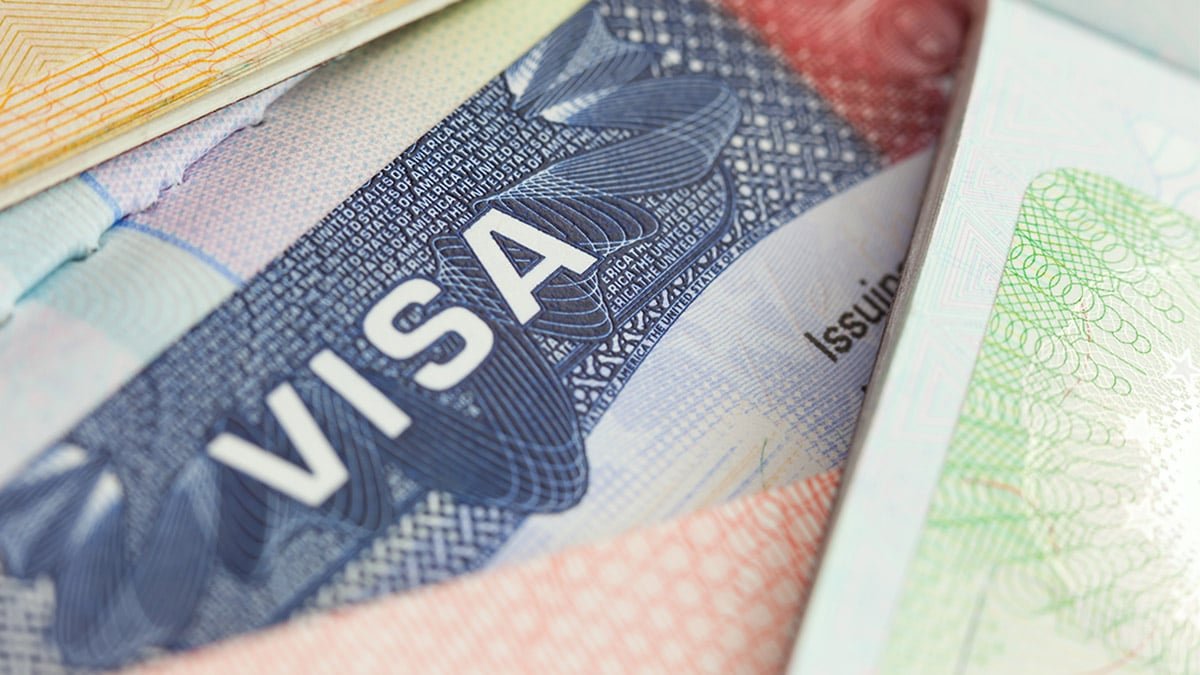Police forces worldwide have united in a series of covert operations to combat one of West Africa’s most feared criminal networks, Black Axe. Dubbed Operation Jackal III, the mission saw officers in body armour conduct raids across 21 countries between April and July 2024.
The operation, coordinated by Interpol, led to the arrest of 300 individuals linked to Black Axe and other affiliated groups, according to a BBC report.
Interpol hailed the operation as a “major blow” to the Nigerian crime network but cautioned that Black Axe’s extensive international reach and advanced technological capabilities still pose a significant global threat. In a notorious example of their operations, Canadian authorities uncovered a Black Axe-linked money-laundering scheme in 2017, valued at over $5 billion (£3.8 billion).
“They are very organised and very structured,” said Tomonobu Kaya, a senior official at Interpol’s Financial Crime and Anti-Corruption Centre.
According to a 2022 Interpol report, “Black Axe and similar groups are responsible for the majority of the world’s cyber-enabled financial fraud as well as many other serious crimes.”
Exploiting Technology for Crime
Black Axe and similar criminal syndicates have capitalised on technological advancements, such as cryptocurrency and sophisticated money-transfer software, to conduct multi-million dollar online scams. “These criminal syndicates are early adopters of new technologies,” Kaya explained. “Many fintech developments make it really easy to illegally move money around the world.”
The recent Operation Jackal III, years in the planning, resulted in the seizure of $3 million in illegal assets and the freezing of over 700 bank accounts. Many members of Black Axe are university-educated and recruited during their studies, contributing to the group’s organised and secretive nature. In addition to cybercrime, Black Axe is involved in human trafficking, prostitution, and violent crime worldwide, with cybercrime being their largest revenue stream.
Interpol has been conducting multiple Jackal operations since 2022, leading to the arrest of numerous Black Axe members and the confiscation of electronic devices. These efforts have helped Interpol build a vast intelligence database, which is now shared with law enforcement across its 196 member countries.
“We need to have data and to collate our findings from these countries to help build a picture of their modus operandi,” Kaya emphasised.
Despite these international arrests, some experts argue that more must be done to tackle the root causes of these crime syndicates in West Africa. Dr Oluwole Ojewale, West Africa Regional Coordinator from the Institute for Security Studies, stated, “The emphasis must actually be on prevention, not on outright operations against these criminal groups.”
Addressing Corruption and Governance Issues
Nigeria, a country experiencing widespread anti-corruption protests, is a significant recruitment ground for Black Axe. Despite being one of Africa’s largest economies, Nigeria has around 87 million people living below the poverty line, according to the World Bank. While Interpol conducts training exercises with Nigerian police and key stakeholders, corruption and alleged collusion between Black Axe and local authorities remain significant barriers.
“It is the politicians who are actually arming these boys,” said Dr Ojewale. “The general failure of governance in the country has made pressures for people to be initiated [into Black Axe].”
Roots of Operation Jackal: From Ireland to Global Action
Interpol’s Jackal operations have origins in Ireland, where a series of raids by the Garda National Economic Crime Bureau (GNECB) in 2020 led to the arrest of several Black Axe members and exposed a broader network.
“They were very under the radar, very low-key,” said Michael Cryan, detective superintendent at the GNECB. The investigation uncovered that €200 million ($220 million; £170 million) had been stolen online in Ireland over the past five years, representing only the reported 20 per cent of cyber-crimes. “This is not typical or ordinary crime,” Cryan noted. “People who make decisions need to know how serious this is.”
Irish police operations in November 2023 revealed that cryptocurrency plays an increasing role in Black Axe’s money-laundering activities. During one raid, over €1 million in crypto-assets were seized.
In response to these technological challenges, Interpol has developed the Global Rapid Intervention of Payments system (I-GRIP). This new mechanism allows authorities in member countries to freeze bank accounts worldwide with unprecedented speed. It was recently used to halt a $40 million scam targeting a Singaporean business. Kaya believes that this technology will make it more difficult for criminals to transfer money across borders undetected.
A concerted effort is underway to gather and share intelligence on Black Axe and other West African crime syndicates. “If we can gather this data, we can take action,” Kaya affirmed. The technological arms race between global police forces and criminal networks like Black Axe continues, with both sides evolving their strategies in a bid for supremacy.
























